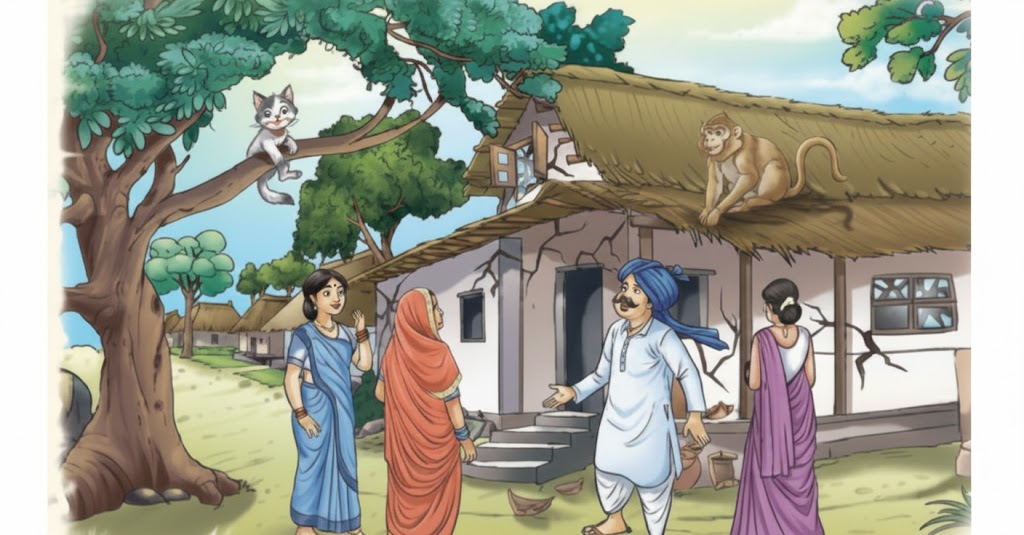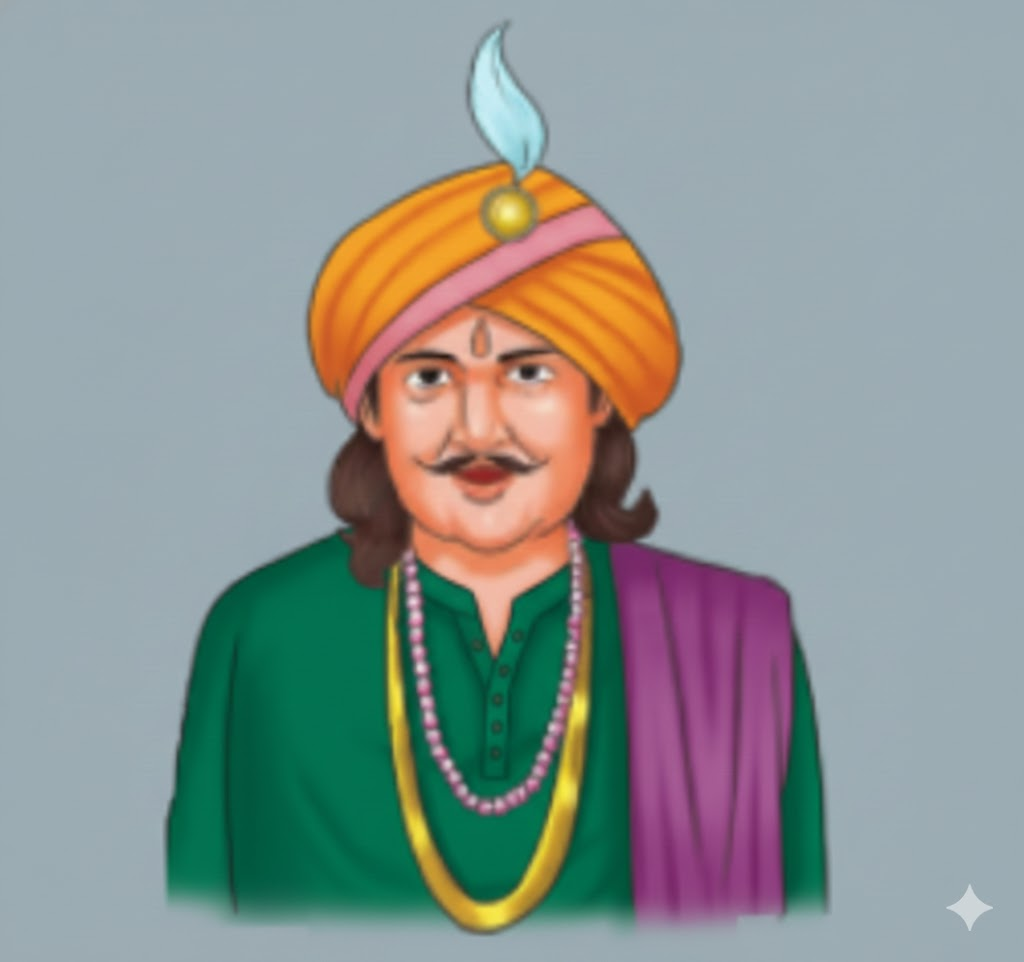How to Write Stepwise Answers for Class 8 English Poorvi Chapter 3
FAQs on NCERT Solutions For Class 8 English Chapter 3 Wisdom Paves The Way (2025-26)
1. What is the best way to solve Class 8 English Poorvi Chapter 3 "Wisdom Paves The Way" using NCERT solutions?
The best way to solve NCERT Solutions for Class 8 English Poorvi Chapter 3 Wisdom Paves The Way is by following step-by-step answers aligned with CBSE marking schemes.
- Read the chapter summary and learning outcomes first.
- Attempt intext and back exercise questions in the order provided.
- Write clear definitions and use keywords from the textbook where appropriate.
- For long answers, maintain a structured format: Introduction, Supporting Points, Conclusion.
- Practice extra questions and revise using the downloadable PDF solutions.
2. Are NCERT solutions free?
Yes, NCERT solutions provided online by trusted educational platforms are usually free to access and download.
- Most platforms offer free PDF downloads for offline study.
- No subscription is needed for basic solutions relevant to Class 8 English exams.
3. Which questions are most likely to be asked in Class 8 English exams from Chapter 3 Wisdom Paves The Way?
In CBSE Class 8 English exams, questions from Chapter 3 Wisdom Paves The Way often include:
- Short and long answer type questions on the chapter’s moral/theme.
- Key definitions or character analysis (e.g., Gopi’s role, Zamindar’s actions).
- Extract-based questions from the chapter passage.
- Summaries or values-based applications relating to wisdom.
4. How should I write stepwise NCERT answers to score full marks in Chapter 3?
To score full marks in Class 8 English Poorvi Chapter 3, use a stepwise approach:
- Start with a short introduction relating to the question.
- Answer each part of the question clearly, using bullet points or paragraphs as needed.
- Include key terms and context from the textbook.
- Conclude with a summary or value statement if required.
- Underline important points if writing by hand for better presentation.
5. Are diagrams or clear definitions needed for every answer in Wisdom Paves The Way?
In English literature chapters like "Wisdom Paves The Way", clear definitions are important for conceptual questions, but diagrams are rarely needed.
- Use clear, concise definitions for key terms or character traits.
- If a map or symbolic diagram is ever asked, label it neatly following NCERT conventions.
- Focus more on structure, vocabulary, and clarity in English chapters.
6. Where can I find and download this chapter’s complete solutions in PDF format?
You can download Class 8 English Poorvi Chapter 3 NCERT solutions PDF for free from reputed educational sites and the chapter solution page itself.
- Look for a Free PDF Download button or link on the page.
- Ensure the PDF covers all intext, back exercises, and sample questions.
- The PDF is aligned with CBSE 2025–26 syllabus for accurate revision.
7. How to present long answers to match CBSE marking?
For CBSE, long answers in Class 8 English should be:
- Well-structured: Introduction, body points, and a conclusion.
- Use paragraphs; each point must relate directly to the question asked.
- Incorporate examples and textbook references for clarity.
- End with a sentence that summarises the answer’s core idea.
8. What are the most important topics from Wisdom Paves The Way for exam preparation?
The most important topics in Chapter 3 include:
- The meaning and examples of wisdom showcased in the chapter.
- Character sketches, especially of Gopi and the zamindar.
- Main incidents and their impact on the lesson’s message.
- Key values and morals highlighted by the story.
- Definitions of new terms or proverbs used in the text.
9. Why does practicing stepwise NCERT solutions matter for scoring well?
Practicing stepwise NCERT solutions ensures you:
- Follow the CBSE marking scheme for each type of question.
- Use the correct format and keywords expected by examiners.
- Reduce mistakes by addressing each part of the question separately.
- Develop a habit of writing exam-ready answers that score full marks.
10. Do examiners award partial marks for correct steps even if the final answer is wrong?
Yes, in CBSE Class 8 English, examiners often award partial marks for correct steps or relevant points, even if the final answer is incomplete or partially wrong.
- Always show your reasoning and write structured answers.
- Demonstrating the process increases your chance of scoring marks, even for partly correct responses.


























